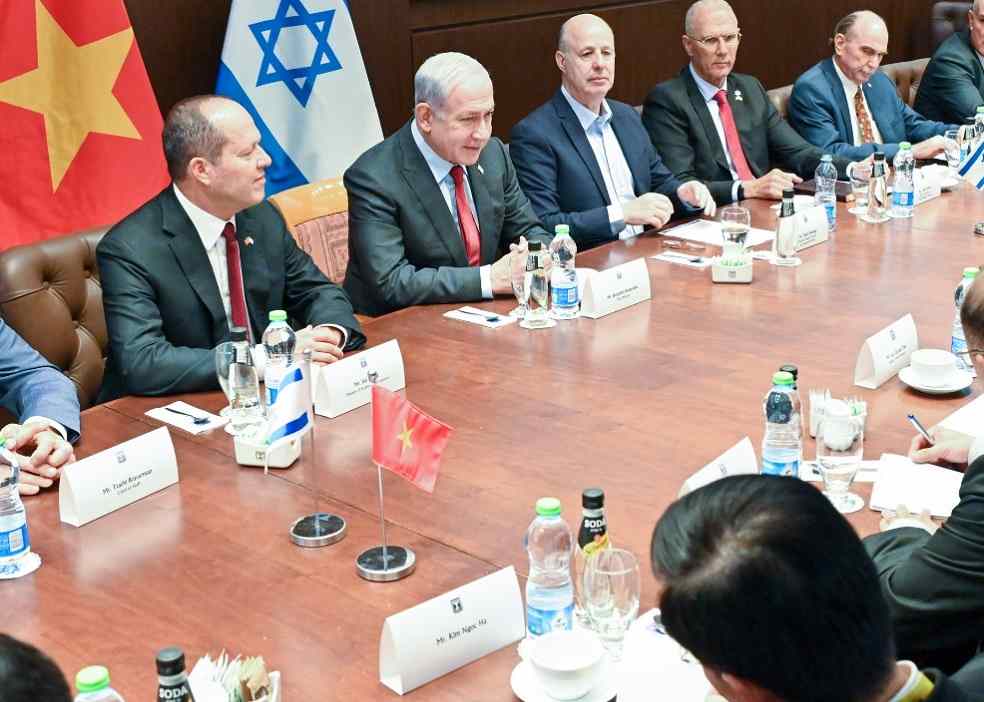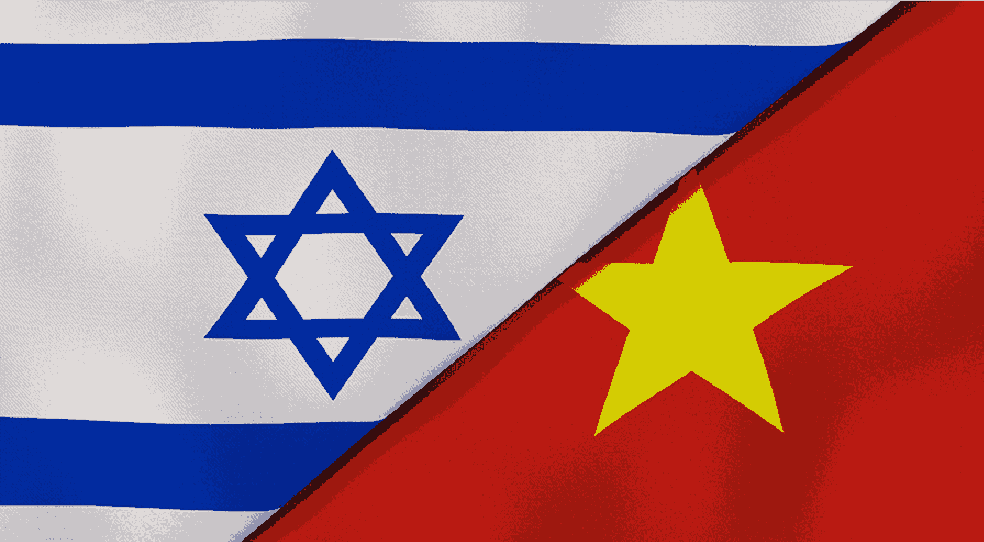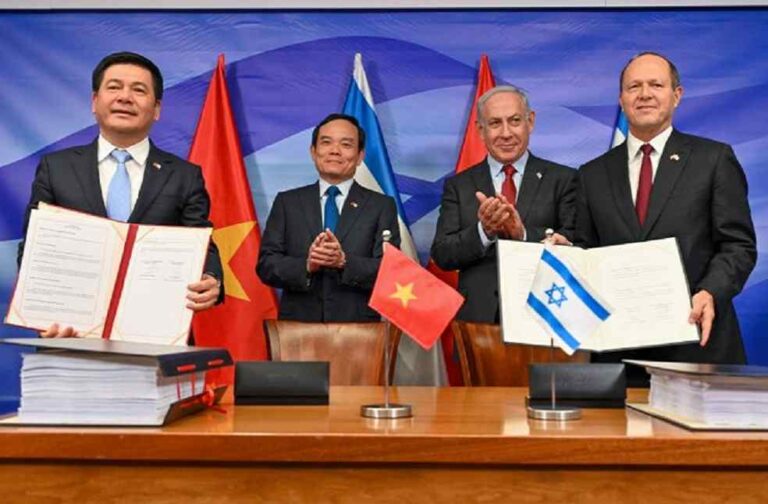With the symbolic flourish of a pen, a transformative new chapter in international trade opened as Vietnam and Israel signed the pivotal Vietnam-Israel Free Trade Agreement (VIFTA) on July 25th. Vietnamese Minister of Industry and Trade Nguyen Hong Dien and Israeli Minister of Economy and Industry Nir Barkat stood together in unity, flanked by Vietnamese Deputy Prime Minister Tran Luu Quang and Israeli Prime Minister Benjamin Netanyahu.
This historic agreement, which marks the culmination of seven years and 12 rounds of negotiations, holds particular significance as the two nations commemorate 30 years of diplomatic relations.
A milestone in many respects, the pact heralds Israel as the first West Asian nation to enter a free trade agreement (FTA) with Vietnam. Likewise, Vietnam emerges as the pioneer Southeast Asian country to conclude an FTA with Israel.

Israel enjoys a strong standing among Vietnam’s key trade, investment, and labor cooperation associates in West Asia. The economies of these nations weave a compelling narrative of complementarity. Their import and export products, instead of initiating a competition, engage in mutual enrichment.
Forthcoming prosperity is on the way for Vietnam, as the VIFTA enables the nation to enhance the export of its goods to Israel. With access to Israeli high-tech products, Vietnam could witness a decrease in production and business costs, thus sharpening the edge of Vietnamese goods in a competitive market.
The agreement, with its 15 chapters and a myriad of appendices, delves into a comprehensive spectrum of trade matters. These span from goods, services, and investment to rules of origin, technical trade barriers (TBT), sanitary and phytosanitary measures (SPS), customs, trade remedies, government procurement, and more, all grounded within a firm legal and institutional framework.

Beyond the parameters of the agreement, the two countries hold ambitious aspirations for their shared economic future. They envisage a rapid surge in two-way trade to soon surpass $3 billion. According to Vietnam’s Ministry of Industry and Trade, the FTA targets duty abolition on at least 86 percent of Vietnamese products and 93 percent of Israeli goods.
Seeing beyond purely economic implications, the VIFTA serves as a beacon of strategic diplomacy. It enhances cooperation in investment, services, digital transformation, and technology between the countries. Additionally, the agreement provides Vietnam with a platform to broaden its exports, extending its reach to other territories in the Middle East, North Africa, and Southern Europe.
Simultaneously, it widens the path for Israeli goods and technology to permeate into ASEAN, Asia-Pacific, and major economies where Vietnam has existing FTAs. This FTA positions Vietnam as a promising landscape for Israeli businesses, fostering job creation in areas where Israeli investors find their interests align.

With the VIFTA in place, Vietnam and Israel embark on a path of renewed economic and diplomatic relations, ushering in an era marked by enriched growth and collaboration.
LATEST NEWS | Oman-India Tourism Thrives: Heritage Showcased in Major Campaign in India



